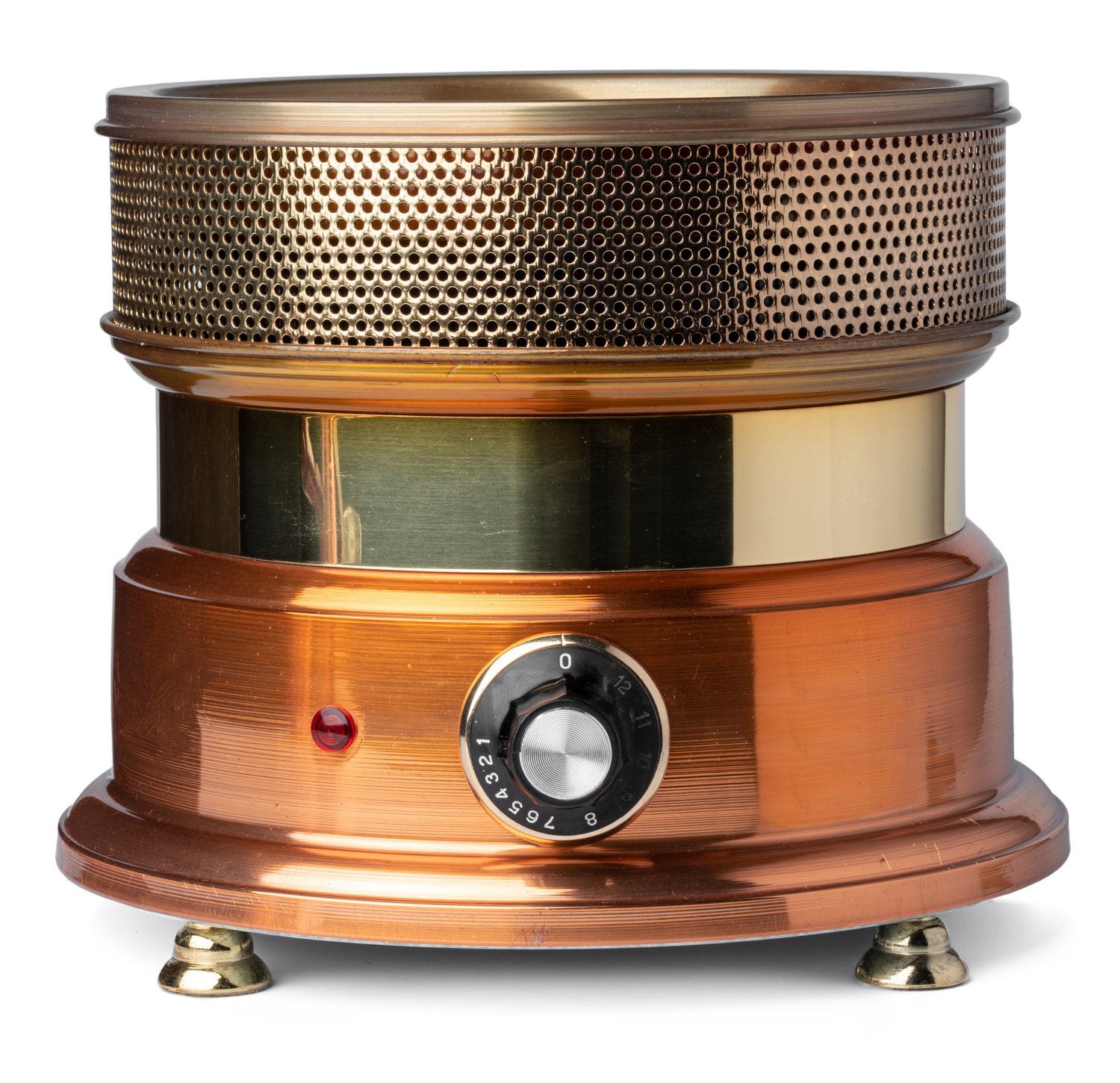Understanding different types of heaters
Heating systems come in various forms, each with unique advantages. Radiators are a popular choice for many homeowners. They provide efficient heat distribution and come in different styles. Panel heaters offer a sleek, modern look and are easy to install. Convection heaters work by circulating warm air throughout a room. Electric heaters are portable and ideal for spot heating. Understanding these options helps in making an informed decision for your home’s heating needs.
When selecting heaters, consider factors like room size and insulation. A 100-square-foot room typically requires 1000 watts of heating power. Larger spaces or poorly insulated areas may need more powerful units. Energy efficiency is another crucial aspect to consider. Look for heaters with high energy ratings to save on electricity bills. Some models come with programmable thermostats, allowing for better temperature control.
Plate heaters are a versatile option for many homes. They come in various sizes and heat outputs. A standard plate heater can range from 400 to 2000 watts. [Plate heaters] https://onninen.pl/en/products/Heating-systems/Heaters/Plate-heaters are available in both electric and hydronic versions. Electric plate heaters are easy to install and provide instant heat. Hydronic models connect to your home’s central heating system for efficient warmth distribution.
Safety features are paramount when choosing heaters. Look for models with tip-over protection and overheat sensors. These features automatically shut off the heater if it falls or reaches unsafe temperatures. Some heaters also come with cool-touch exteriors, making them safer for homes with children or pets. Always follow manufacturer guidelines for placement and usage to ensure safe operation.
Maintenance is an important aspect of heater ownership. Regular cleaning helps maintain efficiency and prolongs the life of your heater. For radiators, bleeding them annually removes trapped air, improving heat output. Electric heaters may require occasional dusting of heating elements. Always disconnect heaters from power sources before performing any maintenance tasks.
Exploring radiator options for efficient heating
Radiators remain a popular heating solution for many homes. They come in various types, including panel, column, and designer models. Panel radiators are the most common, offering a balance of efficiency and aesthetics. Column radiators provide a traditional look and are excellent heat emitters. Designer radiators combine functionality with modern styling, perfect for contemporary interiors.
The [Purmo CV11 radiator] https://onninen.pl/en/product/PURMO-PURMO-CV11-left-600×400-radiator-heating-power-407W-75-65-20-C-steel-panel-radiator-with-bottom-F071106004010310,93834 is a popular choice for many homeowners. It offers a heating power of 407W, suitable for medium-sized rooms. This model features a compact design, making it ideal for spaces where floor space is at a premium. The CV11 comes with a bottom connection, simplifying installation in most heating systems.
When selecting a radiator, consider its heat output and the room’s requirements. A general rule is to allow 50 watts per square meter of floor space. However, factors like ceiling height and insulation can affect this calculation. It’s advisable to consult with a heating specialist to determine the exact requirements for your space. They can provide accurate calculations based on your home’s specific needs.
Radiator placement is crucial for optimal performance. Ideally, place radiators under windows or on external walls. This positioning helps counteract cold air and creates better heat circulation. Ensure there’s enough clearance around the radiator for efficient heat distribution. A minimum of 100mm at the top and sides is recommended. Avoid placing furniture or curtains directly in front of radiators, as this can impede heat flow.
Maintenance of radiators is relatively simple but important. Regularly bleeding radiators removes trapped air, improving efficiency. This process is typically done once a year before the heating season starts. Dust radiators periodically to maintain their appearance and heat output. For system radiators, consider adding a corrosion inhibitor to the water to protect against internal damage.
Maximizing energy efficiency with modern heating solutions
[heters] https://onninen.pl/en/products/Heating-systems/Heaters have come a long way in terms of energy efficiency. Modern models often include features like programmable thermostats and zone control. These allow for precise temperature management, reducing energy waste. Some advanced heaters can learn your routines and adjust heating patterns accordingly, further optimizing energy use.
Smart heating systems are gaining popularity for their energy-saving potential. These systems allow remote control via smartphone apps. Users can adjust temperatures, set schedules, and monitor energy usage from anywhere. Some smart systems can integrate with other home automation devices for comprehensive energy management. They can also provide detailed reports on heating patterns and energy consumption.
Insulation plays a crucial role in heating efficiency. Proper insulation can reduce heating needs by up to 50%. Focus on key areas like attics, walls, and floors. Adding insulation to these areas can significantly improve your home’s heat retention. Consider double-glazed windows and draft-proofing measures to further enhance thermal efficiency. These improvements work in tandem with your heating system to maintain comfortable temperatures.
Regular maintenance of heating systems is essential for energy efficiency. Schedule annual check-ups with a professional technician. They can clean, adjust, and repair your system to ensure optimal performance. For radiators, consider power flushing every few years to remove built-up sludge and debris. This process can improve heat distribution and system efficiency by up to 25%.
When upgrading your heating system, consider the long-term savings potential. While more efficient models may have higher upfront costs, they can lead to significant savings over time. Look for heaters with high energy ratings and low running costs. Some governments offer incentives for installing energy-efficient heating systems, potentially offsetting initial expenses. [read more] https://onninen.pl/en/article/modern-radiators-for-bathroom-functions-design-and-prices about energy-efficient heating options to make an informed decision for your home.





